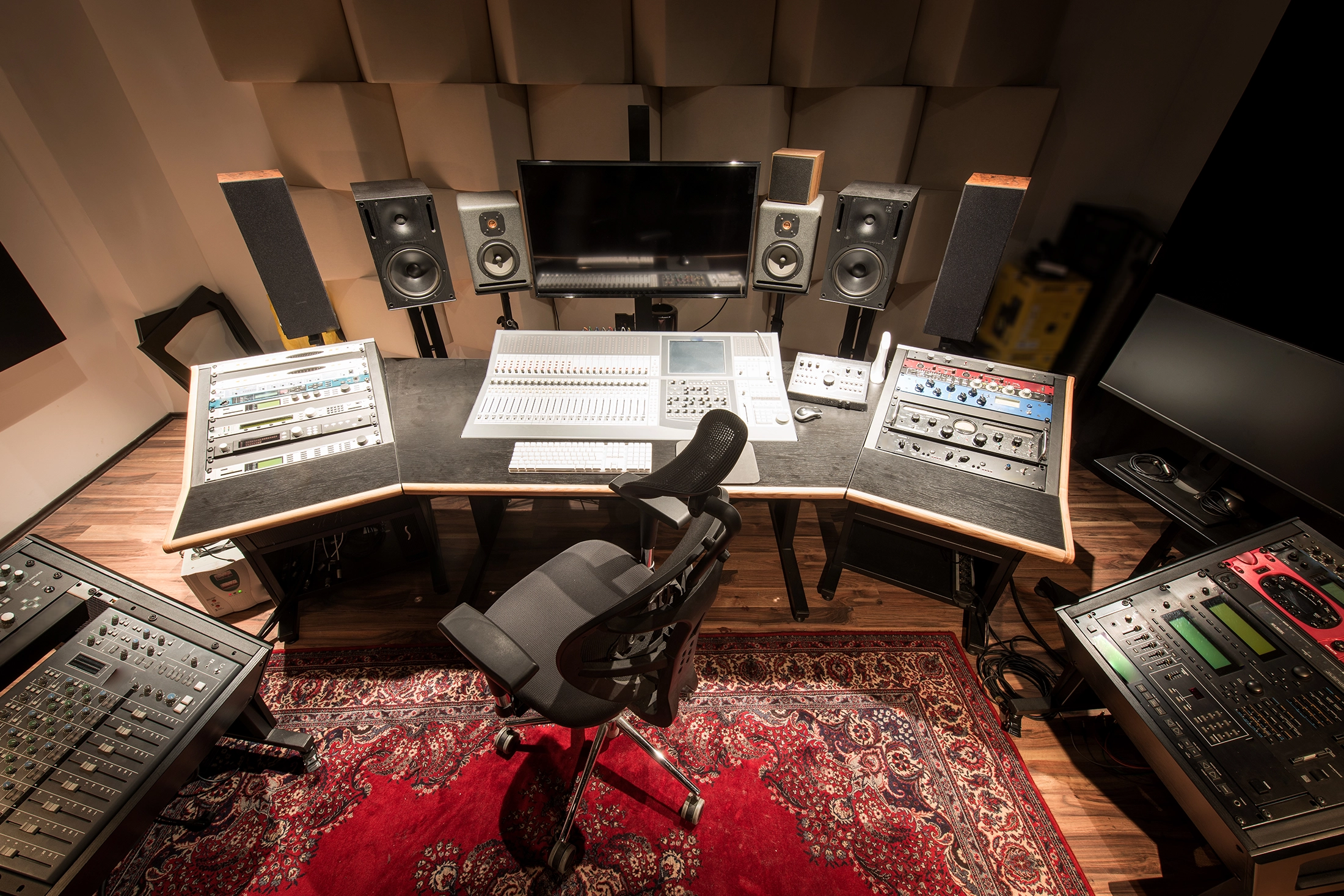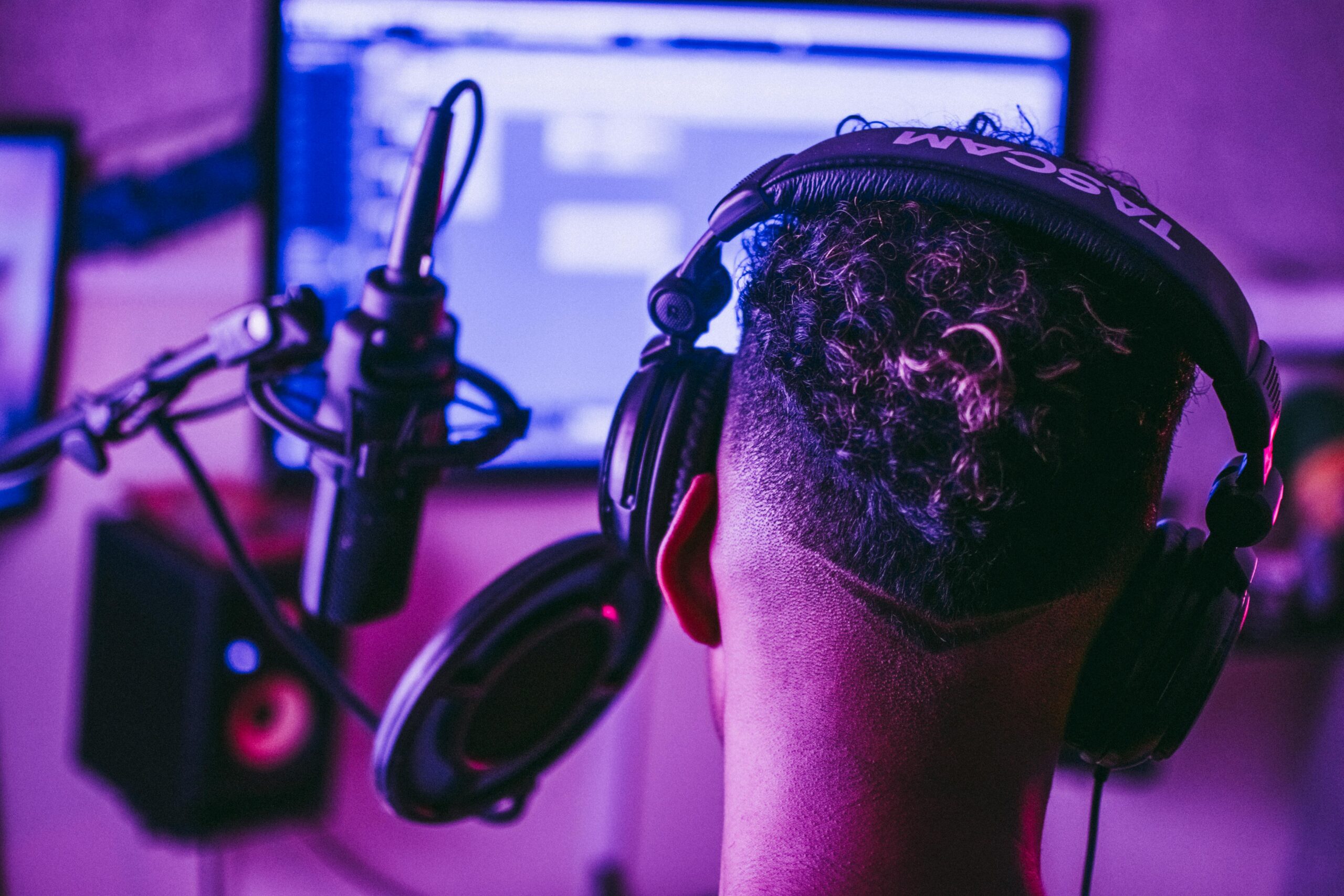
GAINFUL EMPLOYMENT
How an Audio Recording School Prepares You for a Paying Career
If you’re serious about a future in audio, you’re probably wondering something important: Can I actually make money doing this? The answer? Yes — if you’re trained, skilled, and connected.
graduatE with the skills and support to get hired
Here’s how audio recording schools help get you from the classroom to the paycheck.
What Does “Gainful Employment” Actually Mean?
In simple terms, gainful employment means landing a real job in the field you studied — one that pays a wage, uses your skills, and sets you up for long-term success.
In the audio world, that could mean:
- Working full-time for a studio, venue, or production company
- Freelancing as a sound editor, mixer, or technician
- Launching your own audio business or service
- Building a client list in music, podcasts, video, or game audio
- Climbing the ladder from intern to assistant to lead engineer
The goal isn’t just learning audio — it’s making a living from it.
How Audio Schools Are Structured Around Employment
Top audio recording schools don’t just teach you the fun stuff (like mixing or producing). They also make sure you’re:
- Completing internships or live projects with real clients
- Getting industry certifications (like Pro Tools, Wwise, or Dante)
- Learning how to market yourself as a freelancer
- Practicing soft skills like communication and collaboration
- Prepping resumes, websites, and demo reels
Everything is geared toward making you employable the second you graduate — not just creatively ready, but career-ready.
What Audio Career Paths Can Lead to Gainful Employment?
Audio is a diverse industry, and there are many ways to make a living. Here are just a few paths grads take:
Music & Studio Production
- Recording engineer
- Mixing or mastering assistant
- Beatmaker or independent producer
- Studio manager or assistant engineer
Live Sound
- Front-of-house (FOH) or monitor engineer
- Tour technician
- AV tech for venues, events, or corporate gigs
Post-Production for Film & TV
- Dialogue editor
- Foley artist
- Re-recording mixer
- ADR recordist
Game Audio
- Sound designer for games
- Audio implementer using Wwise or FMOD
- Voiceover editor for RPGs or action titles
Podcasting & Digital Media
- Podcast producer or editor
- Audio cleanup specialist
- Branded content audio for agencies or creators
These are real jobs — and audio schools are designed to help you qualify for them.
Career Services and Job Placement Support
The best audio recording schools include career support as part of your education. That may include:
- Help finding internships and freelance opportunities
- Job boards or exclusive placement partnerships
- Resume and cover letter workshops
- Portfolio reviews
- Alumni networks and hiring events
- Industry panels and guest speaker meetups
You're not just sent out into the world alone — you’re supported before and after graduation.
Can You Really Make a Living in Audio?
Short answer: Yes — but it depends on how you hustle.
Audio careers are competitive, but they’re also growing, especially in:
- Content creation (YouTube, streaming, podcasts)
- Independent music production
- Film, TV, and streaming post-production
- Game audio and interactive sound
- Event production and live tech
According to the U.S. Bureau of Labor Statistics, sound engineering and broadcast technician jobs are projected to grow steadily, with the median wage ranging from $45,000 to $75,000+, depending on location, experience, and specialty.
Many grads start freelance or part-time, then grow into full-time roles — or even launch their own businesses.
What You’ll Graduate With (Besides Knowledge)
When you graduate from an audio recording school, you won’t just leave with technical skills — you’ll also gain:
- A resume that speaks to employers
- Certifications that prove you’re trained
- Real experience from internships or school-run sessions
- A network of industry contacts and mentors
That’s what makes gainful employment possible — not just what you know, but what you’ve done and who you know.
Why This Matters to You
You don't attend an audio recording school to play with gear for a few months and walk away empty-handed. You attend to learn, grow, and build a career doing something you love.
A great audio recording school is built around that goal. It’s not about theory — it’s about gainful employment. Real work. Real paychecks. Real opportunities.
If that’s what you’re looking for, we can help you find the right audio recording school.

STILL NOT SURE WHERE TO START?
Answer a few questions and find a program that fits your goals.

Leave a Comment: